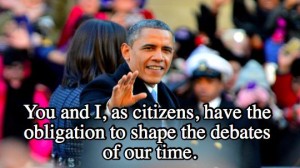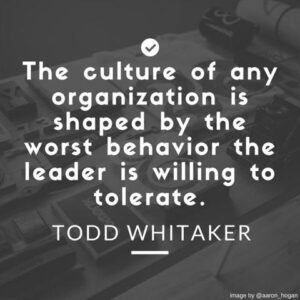“Today we continue a never-ending journey, to bridge the meaning of those words [self-evident truths] with the realities of our time.” President Obama
Today’s reality is that we cannot see what is coming when we don’t understand where we have been. And it may be self-evident that we are created equal but what is most evident is how unequally we dish out quality education. It isn’t because we cannot; it is because we will not. Face the reality; as a people, we are in chains.
If the president “knows that the path to the middle class goes right through America’s classrooms,” then why does he push to import STEM talent? Does he really not believe in the character of Americans? “Initiative and enterprise,” “hard work and personal responsibility” — give us a break. That’s all we ask, that you give us a break. As one Occupy spokesperson said, “I don’t want a handout, I want a fighting chance.”
The very chain that binds us is inequality — unequal voice in our republican government; unequal educational opportunity; an unequal start in the race of life. The pursuit of happiness is made harder when the man hoping to help bridge our realities and that quest does not understand our educational history.
And education does not top the list of issues that catches the eyes and ears of the public. The man behind the bully pulpit can change that; will he?





